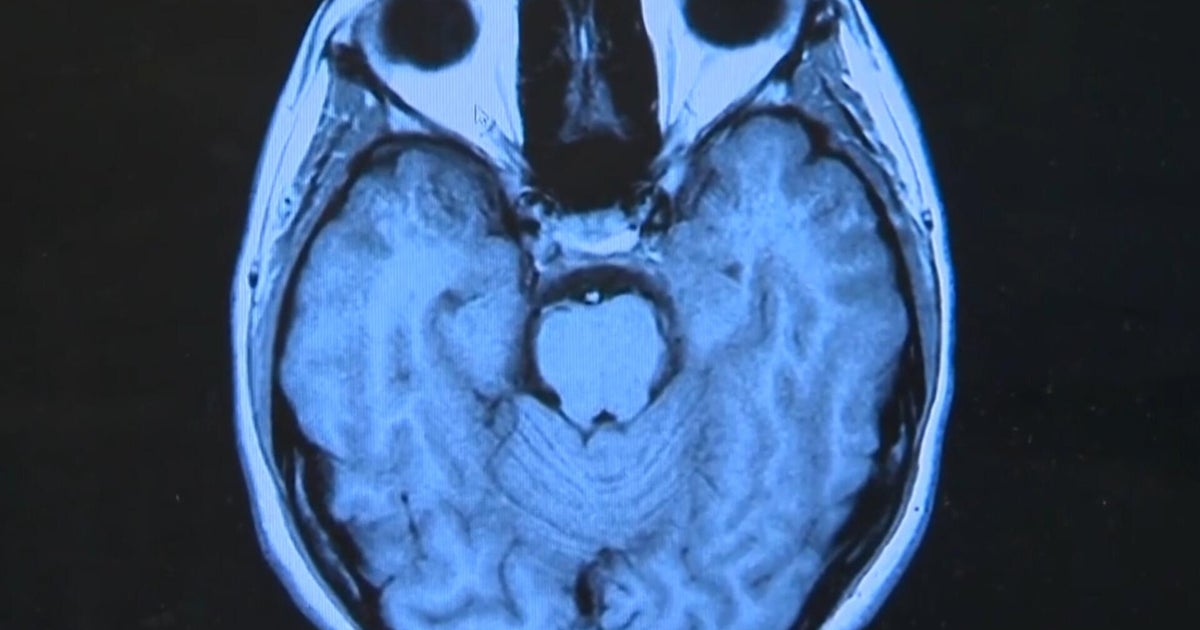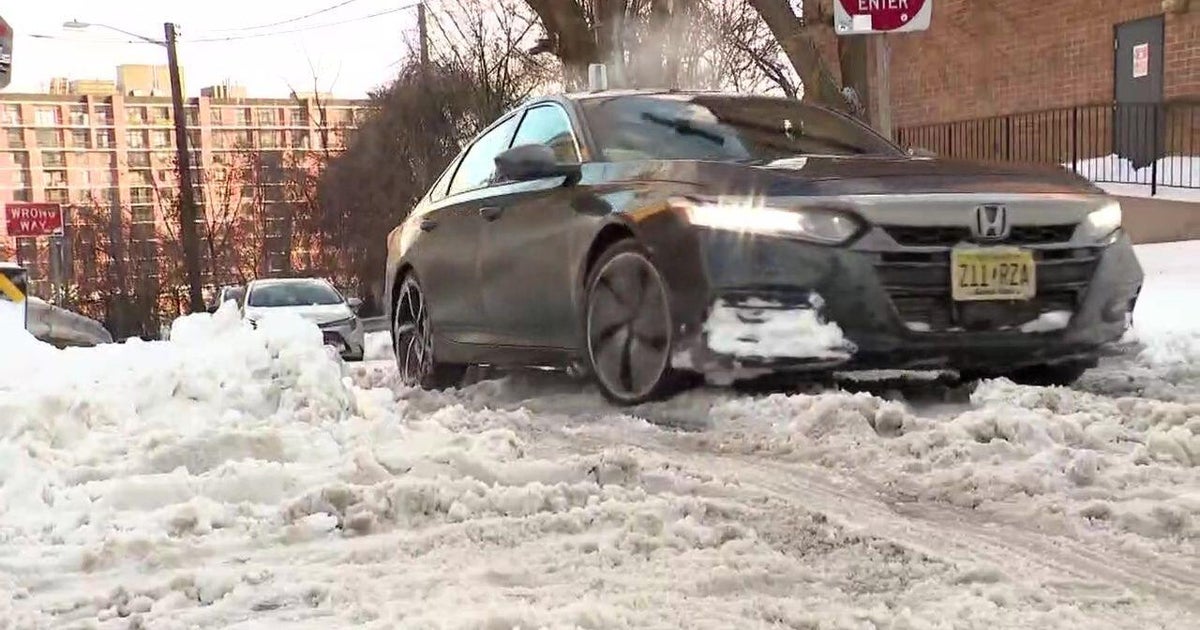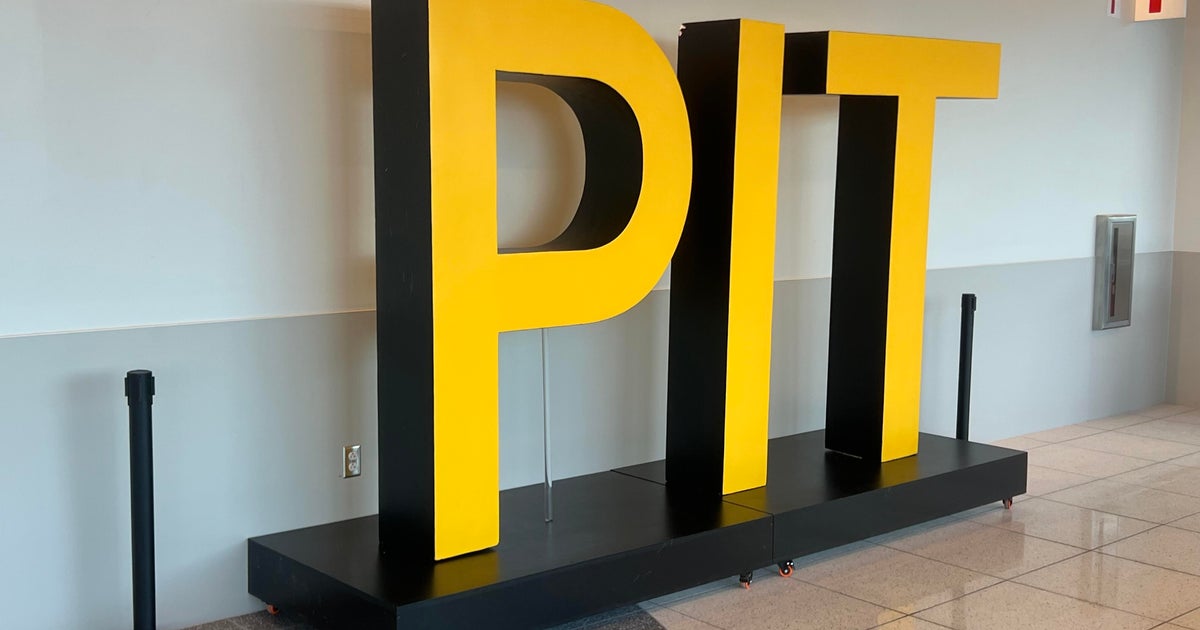4 in 10 Americans struggling financially, one year after coronavirus struck the U.S.
A year after the novel coronavirus struck the U.S., many Americans are struggling with their finances, according to a broad-ranging report released Friday by the Pew Research Center.
About half of all adults who are not retired say the pandemic has made it harder for them to reach their financial goals. This rises to 58% for lower-income people.
One of the goals is retirement itself: About a quarter of people over 50 said they delayed their retirement thanks to the outbreak or expect to delay it.
About four in 10 Americans say they have taken a cut in pay or been laid off, or live with someone who has. For Hispanic and Asian households, a majority have experienced such income loss: 61% of Hispanic and 58% of Asian households say they've had a pay cut or layoff.
Job losses were also skewed by income. Half of low-income workers lost jobs or pay, while one-third of upper-income workers reported the same, Pew found.
Pew's data reflects the bifurcated economy, much of which went virtual last year as travel ceased and entertainment and food venues closed, eliminating millions of lower-paid jobs. At the same time, large portions of professional workers in fields like technology, law or finance were able to do their jobs remotely. (One analysis has found that higher-paid workers are six times more likely to be able to work remotely than their lowest-paid colleagues.)
That unequal reality is reflected in spending data, too. While low-income Americans were more likely to see income drops, they were less likely to cut spending, Pew found.
"Upper-income adults are also more likely than those with middle or lower incomes to say they have been spending less and saving more money since the coronavirus outbreak began," the report found. More than 8 in 10 high-income adults report spending less during the pandemic, while just a third of low-income adults say the same.
And there's a clear class divide in the reasons for cutting spending. Nearly 9 in 10 of high-income workers and two-thirds of middle-income ones are spending less "because their daily activities have changed due to coronavirus-related restrictions," Pew found. Dropped daily commutes, canceled travel plans and shuttered restaurants, which take out the lowest-paid jobs, also translate into less spending for middle- and higher-earning Americans.
Among lower-income adults, a majority are "spending less because they are worried about personal finances," Pew found.
The pandemic and its fallout has taken a mental toll, too. Three In 10 adults told Pew they often worry about debt, with Black and Latino workers more likely to report frequent worrying than White respondents were. Just under one in five Americans worry about paying their rent or mortgage on time or buying enough food for their family.
At the other end of the ledger, three in 10 respondents (and four in 10 high-income earners) told Pew they are financially better off than a year ago.
Overall, Pew found, Americans' financial distress is less acute now than it was in April, when the economy was in a free-fall. Slightly more than half of Americans said their personal financial situation was good or excellent, an increase of six percentage points from April. But for those who are in pain, it has been long-lasting. Among workers who personally lost wages during the pandemic, fully half are still earning less money than before the outbreak began, Pew found.





